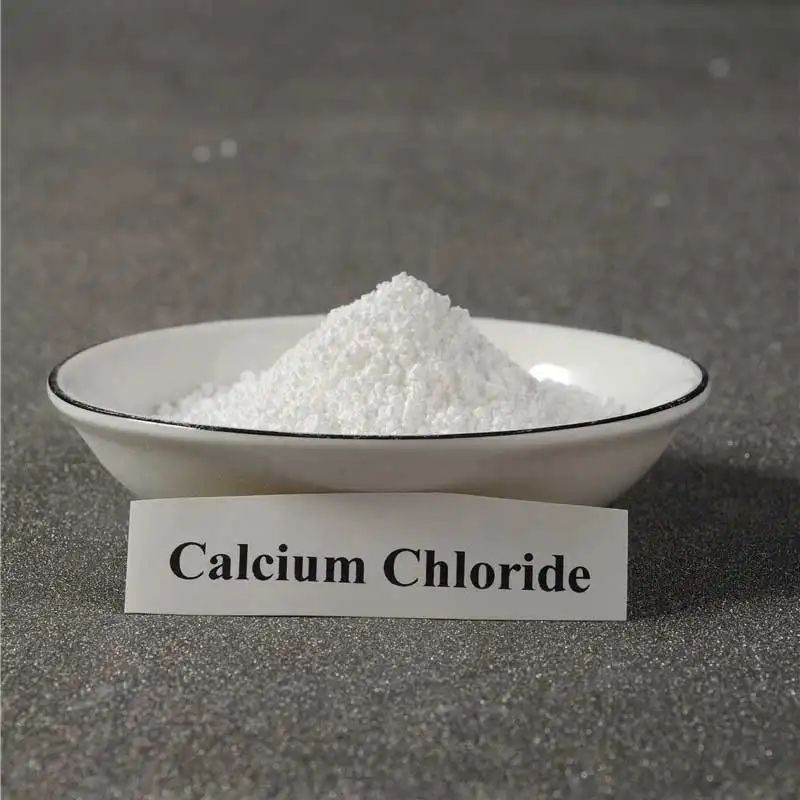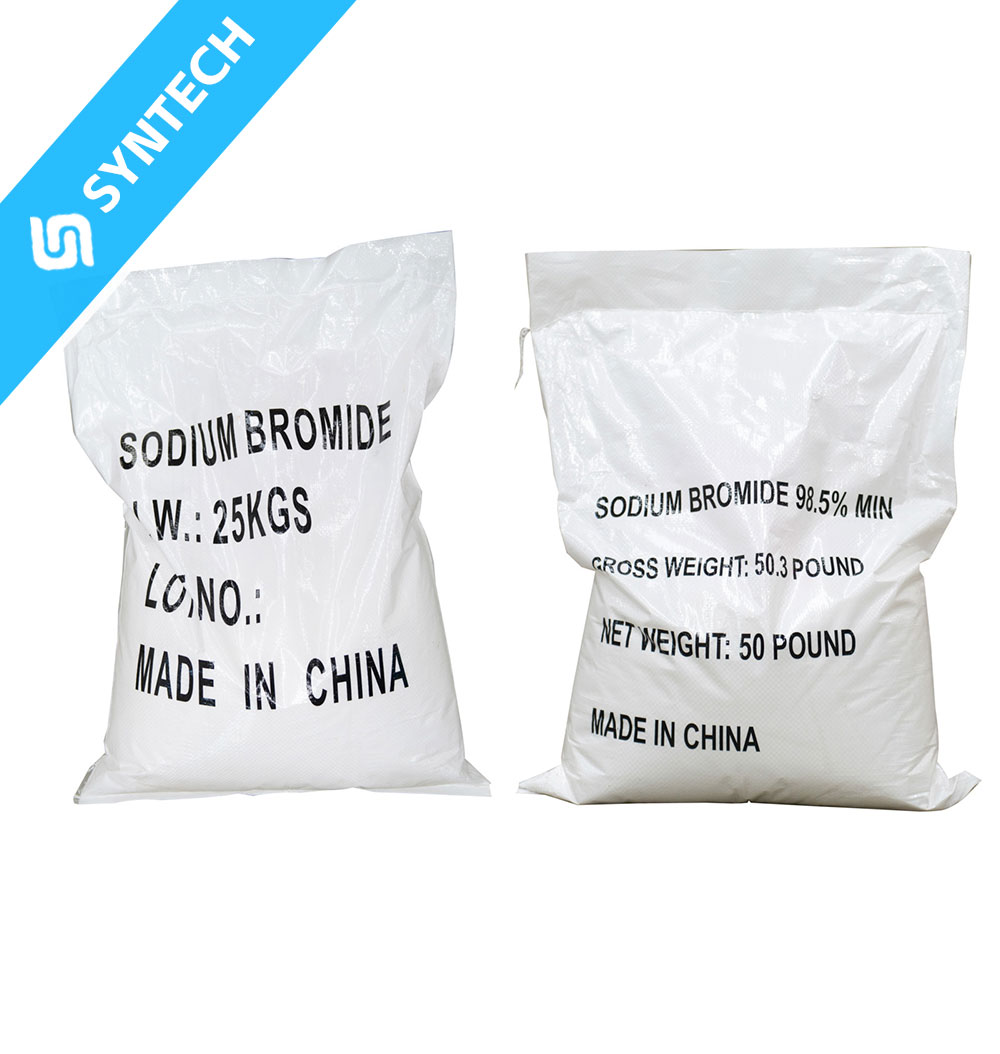Magnesium carbonate (MgCO₃) is a versatile inorganic compound widely used in various industries due to its thermal stability, flame-retardant properties, and role as a magnesium source. Below are its key industrial applications:
1. Flame Retardant & Fireproofing
- Fire Suppression: When heated, MgCO₃ decomposes into magnesium oxide (MgO) and carbon dioxide (CO₂), which dilutes oxygen and forms a protective ash layer.
- Used in plastics, rubber, cables, and construction materials (e.g., fireproof boards, insulation).
- Eco-Friendly Alternative: Replaces toxic halogen-based flame retardants.
2. Rubber & Plastics Industry
- Filler & Reinforcing Agent:
- Enhances heat resistance and mechanical strength in tires, seals, and PVC products.
- Foaming Agent: Releases CO₂ during decomposition, aiding in lightweight foam production.
3. Glass & Ceramics Manufacturing
- Magnesium Source:
- Improves thermal shock resistance in optical glass, TV screens, and labware.
- Adjusts glaze melting temperature and gloss in ceramics.
- Energy Efficiency: Lowers sintering temperatures, reducing energy costs.
4. Paints & Coatings
- Functional Filler:
- Enhances durability, opacity, and corrosion resistance (e.g., marine/anti-rust coatings).
5. Environmental & Wastewater Treatment
- Acid Neutralizer: Reacts with acidic wastewater to regulate pH.
- Heavy Metal Removal: Precipitates toxic ions (e.g., Pb²⁺, Cd²⁺) via adsorption or ion exchange.
6. Other Industrial Uses
- Metallurgy:
- Slag conditioner in steelmaking (removes sulfur/phosphorus impurities).
- Intermediate for magnesium production (via MgO electrolysis).
- Paper Industry: Filler to improve brightness and smoothness.
- Catalyst Support: Used in petrochemical cracking processes.
Industrial-Grade vs. Food/Pharma-Grade
Industrial MgCO₃ (90–95% purity) may contain trace metals, while food/pharma grades require ≥99% purity and strict heavy metal limits.






